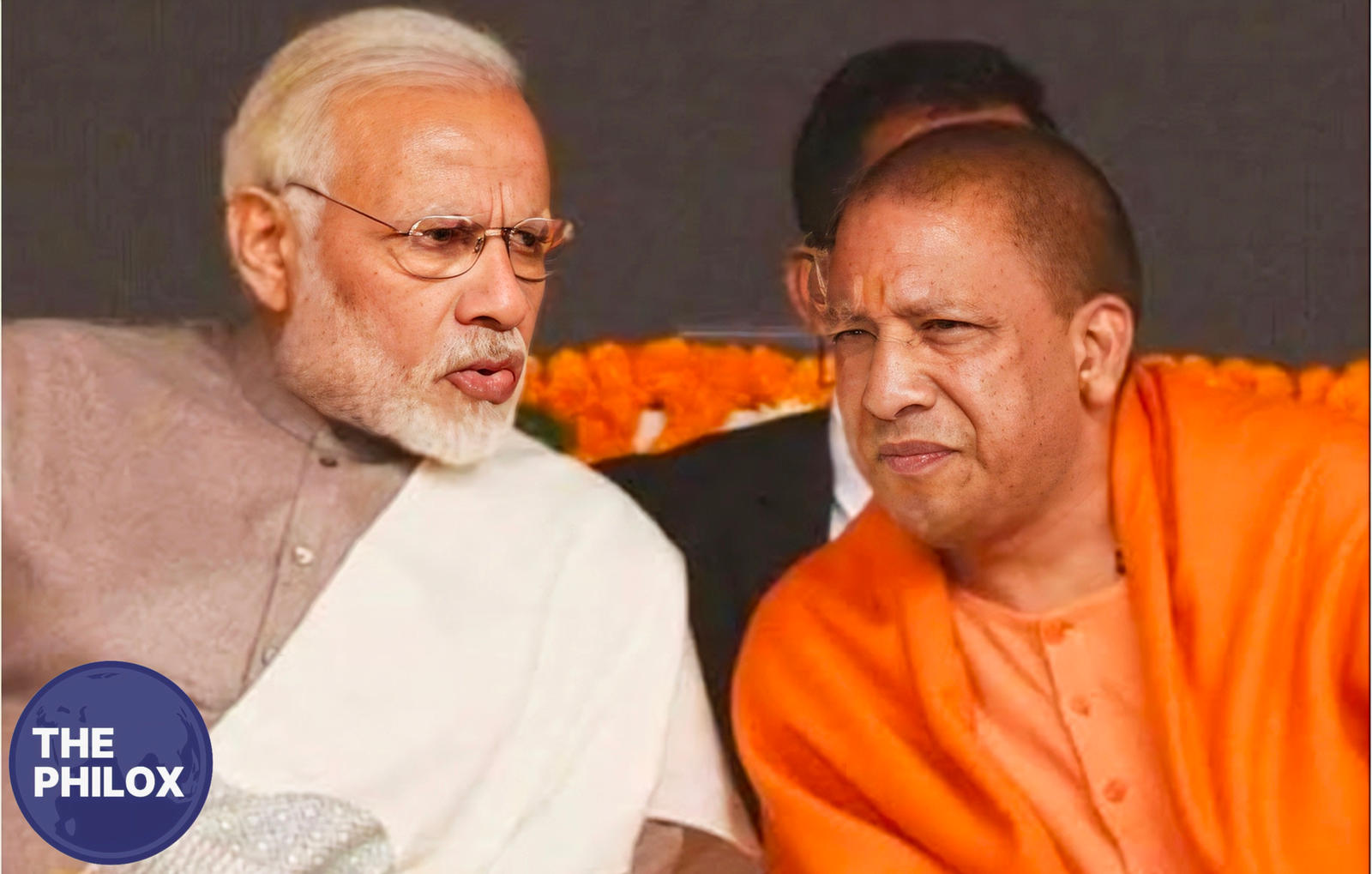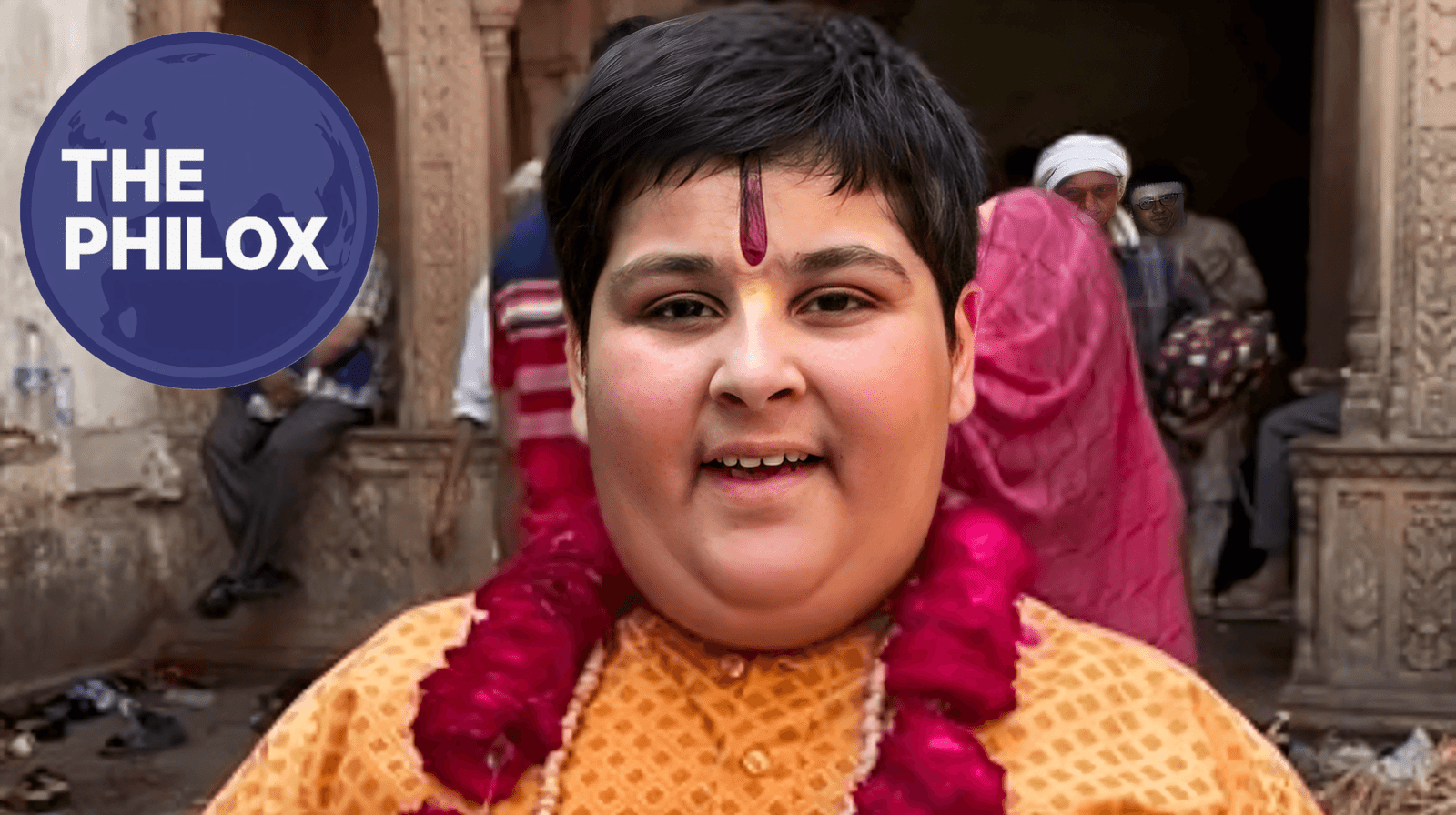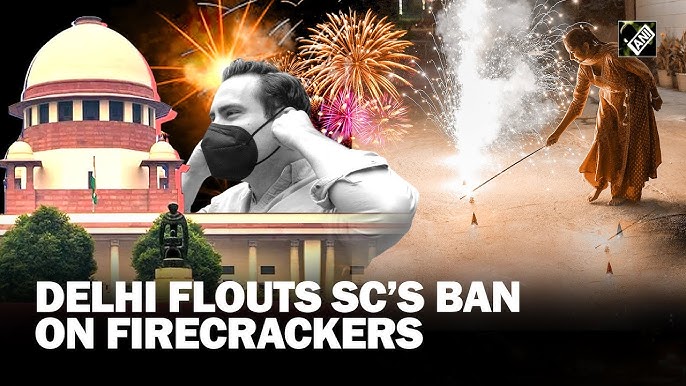I was invited recently by some young men to a dinner party. Normally I am a very reclusive person, and don’t go out from my flat in Delhi, often for weeks or even months on end. But I made an exception, and accepted this invitation, as I thought I should know what other people are thinking about the political situation in India.
Tag: delhi
The BJP will keep winning elections in India
The Bharatiya Janata Party (BJP) faced a setback in the 2024 parliamentary elections, losing its absolute majority with seats dropping from 303 to 240. Despite predictions of decline, the BJP demonstrated resilience by sweeping subsequent state elections in Maharashtra, Uttar Pradesh, Haryana, and Delhi, regaining power after 27 years in the latter. This resurgence is attributed to the BJP’s Hindutva ideology, appealing to India’s 80% Hindu population, while opposition parties struggle to offer a compelling alternative, often perceived as chasing Muslim votes. As long as India’s democratic framework persists, the BJP’s electoral dominance seems likely to continue.
Abhinav Arora Between Sermons and Schoolbooks
Ten-year-old spiritual genius from Delhi Abhinav Arora has enthralled viewers with his insightful lectures on Hindu doctrine. But his ascent to popularity has spurred discussions on the validity of his spiritual understanding and possible effects on his schooling. There are questions regarding the authenticity of his observations since his orations can be greatly coached. This scenario plays out against the backdrop of India’s difficult educational scene, where restricted job possibilities and fierce rivalry for elite universities leave even the most educated struggling. Reflecting on the wider society consequences of such a route, this story investigates the paradox between Abhinav’s early spiritual activities with the urgent need for basic education.
Why Citizens Are Leaving Delhi: Health Crisis of Lethal Air Pollution
Delhi’s is an air pollution crisis that becomes not merely an environmental but a public health emergency with very serious social, economic, and cultural implications. More residents seem, now more seriously to think of moving out from the city as a measure of protection against bad health and wellbeing; it is therefore in the clear that this situation needs urgent attention from local as well as the national government.
Exodus from Delhi after Diwali: A data-oriented look into the city’s alarming pollution impact
The exodus from Delhi post Diwali, as reflected in The Philox survey, reflects the urgent need for immediate as well as long-term solutions toward protecting the health and well-being of residents. Though some temporary respite may be found through leaving the city, the air quality crisis in Delhi merits a comprehensive and sustainable approach. Until drastic changes take place, the departure of the residents every winter could turn into an annual ritual affecting the health structure, economy, and the stability of the population of the city.
The Impact of Diwali & Air Pollution on the People of Delhi
Air pollution is more than just an environmental problem in Delhi; it is a public health emergency. As the AQI continues to worsen, The Philox survey indicates a growing number of residents facing life-altering decisions. Families and individuals are grappling with the difficult choice of staying in their homes or leaving the city in search of a healthier life. Immediate action, strict adherence to pollution-control policies, and a shift towards sustainable practices are essential if Delhi is to provide its citizens with a safer, healthier future.
Delhi Government to Lift Ban on Firecrackers
Officials have also noted a gradual improvement in Delhi’s air quality due to stricter pollution control measures and the adoption of cleaner technologies in various sectors. The government believes that by implementing strict guidelines on firecracker use, it can minimize the environmental impact while still allowing traditional celebrations.






